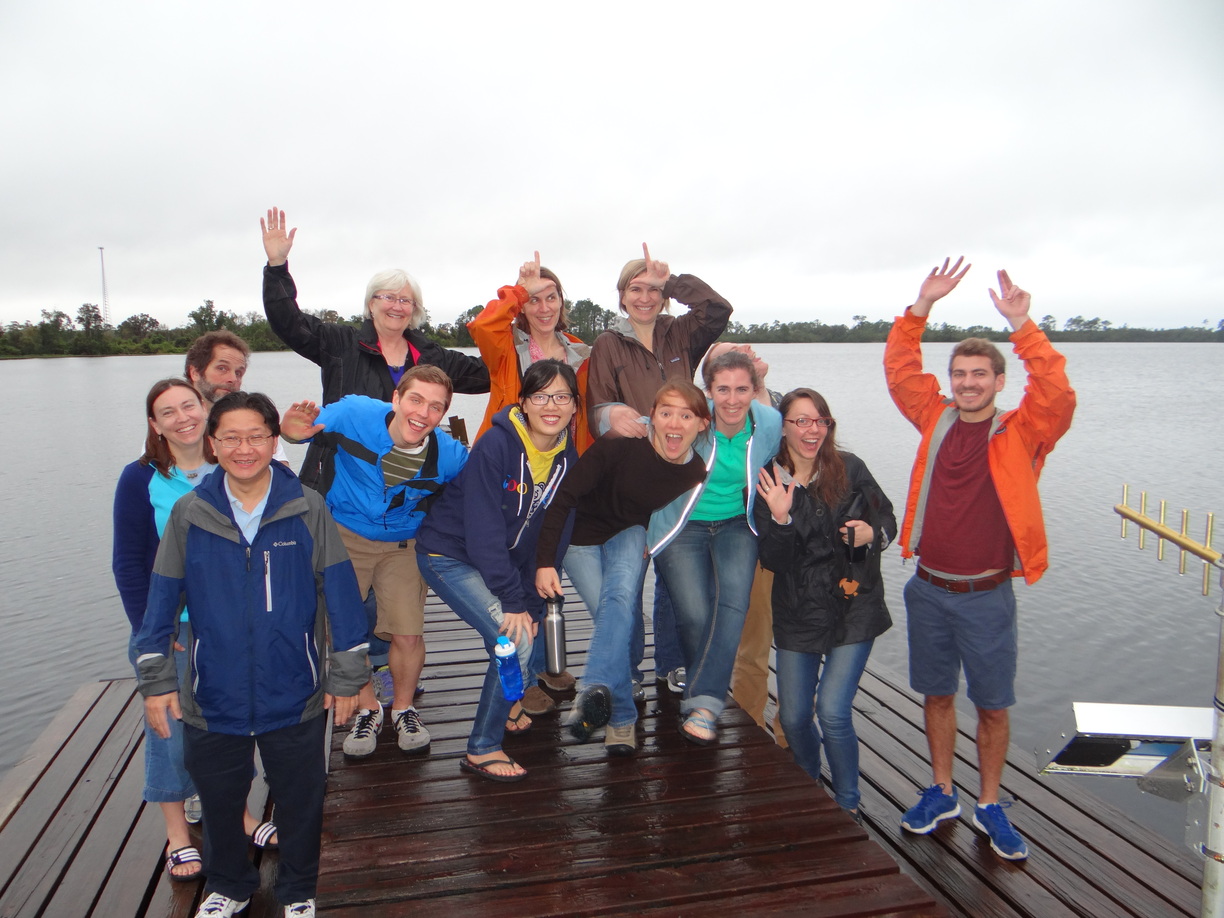Inclusive and effective research cultures and practices

We believe that broad-scale environmental research requires open science and team-based science. Since the beginning, we designed and developed the LAGOS research platforms with an interdisciplinary team that championed open science principles. However, because ecology began as a field dominated by lone researchers, we had to learn and refine team-based approaches and tools from fields like organizational psychology, the science of team science, and education. We also share the lessons we learned from leading large, interdisciplinary teams to encourage effective collaboration among scientists worldwide. For example, as part of the LAGOS project, we co-created templates anyone can use to determine manuscript authorship requirements.

Given that the scale and scope of many environmental problems are beyond what any single discipline can handle, this focus on effective and productive teamwork is essential to advance innovative research and global initiatives.
Science collaborations are almost always made up of individuals who vary, not only in their interdisciplinary expertise, but also in their power, status, and personal experiences. This heterogeneity can result in differential experiences of team climate that can limit the production of creative and impactful knowledge and influence the careers of those with the least power – such as early-career researchers and those from underrepresented and marginalized groups. Therefore, we also conduct collaborative research to study how scientists can work together more effectively in ways that promote successful interdisciplinary collaborations and positive experiences for all members. We do so with experts in psychology, sociology, research ethics, history of science, and higher education.


